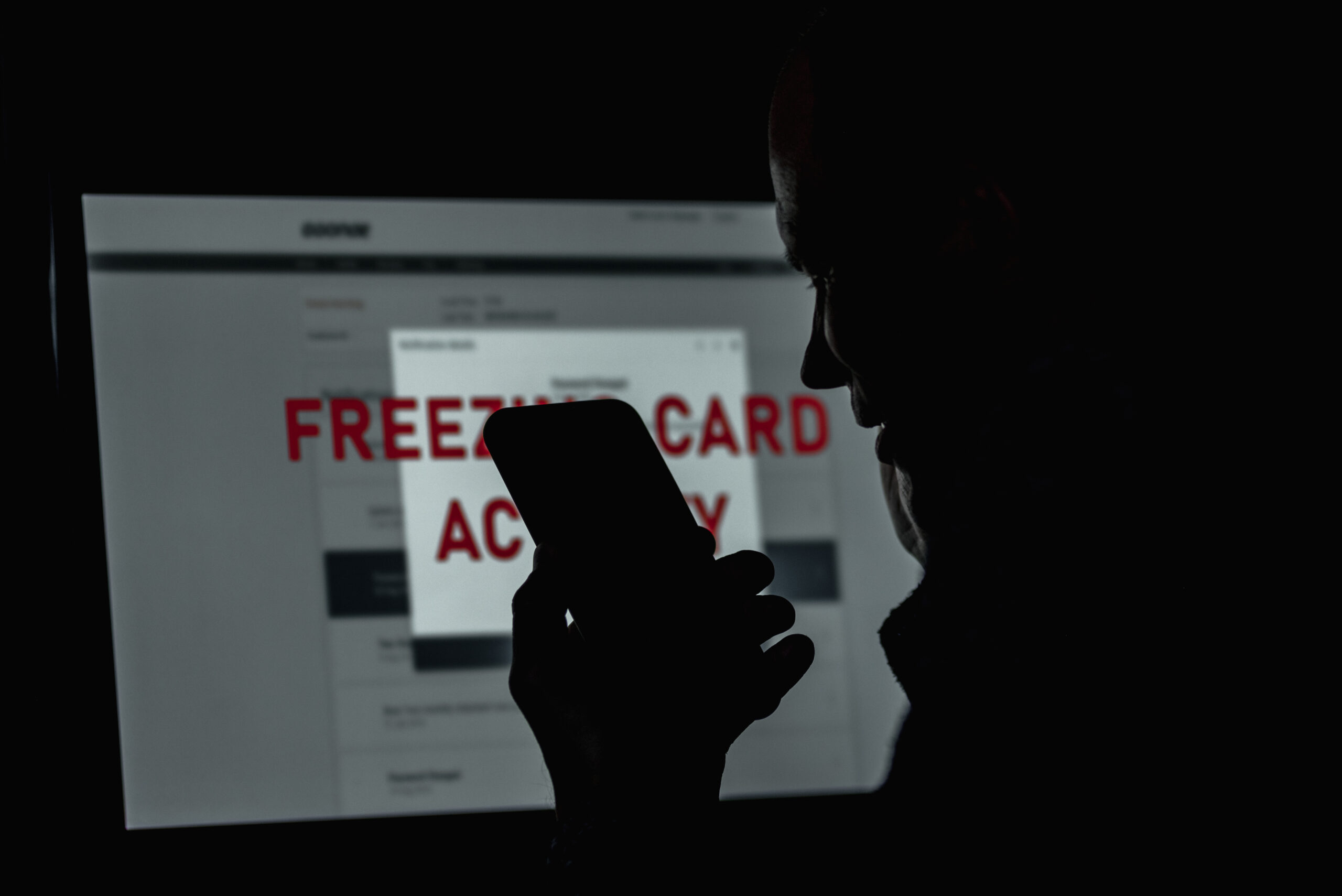Levied by the IRS? Here’s What You Can Do—Before It’s Too Late
An IRS levy is one of the most aggressive actions the government can take. If your bank account has been frozen, or you’ve received notice of an impending asset seizure, time is of the essence.
At Rappaport Tax Relief, we act fast to stop levies, restore access to your finances, and resolve the tax debt that caused the issue in the first place.
What Exactly Is an IRS Levy?
Unlike a lien, which is a legal claim on your property, a levy allows the IRS to actually take your money or assets to satisfy unpaid tax debt. This can include:
Your bank account
Wages from your employer
Social Security payments
Even vehicles or real estate
If you’ve received a Final Notice of Intent to Levy, you typically have 30 days to act before enforcement begins.
Why IRS Levies Happen
Unpaid taxes for multiple years
Ignoring IRS notices
Failure to file returns
Rejected installment agreements
The good news: levies can often be stopped, reversed, or avoided entirely with strategic action.
How Rappaport Tax Relief Steps In
We move quickly to:
Contact the IRS and request a levy release
Demonstrate hardship or error
File missing returns or correct account discrepancies
Negotiate a payment plan, settlement, or temporary non-collectible status
🛡️ A levy doesn’t have to be the end—it can be the turning point. Contact Rappaport Tax Relief now for immediate help.
